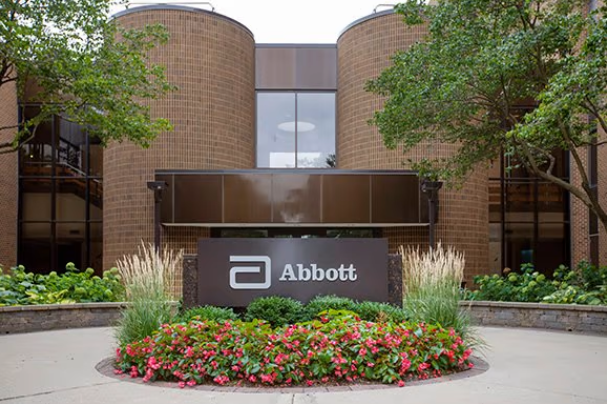Alnylam has reached a phase 2 checkpoint of its Regeneron-partnered immunoglobulin A nephropathy treatment as it looks to catch up with Calliditas Therapeutics’ FDA-approved med Tarpeyo.
The succinct data drop Thursday reported that patients treated with Alnylam’s RNAi med cemdisiran had a 37% mean reduction in the urine protein to creatinine ratio (UPCR) compared to placebo, hitting the trial’s primary endpoint. Secondary endpoints, such as a change in baseline in proteinuria and percentage of participants in partial clinical remission, were “consistent with a therapeutic benefit,” the company said. No serious adverse events were reported, but 55% of treated patients experienced some side effects related to the drug.
The study enrolled 31 patients and included a 14-week run-up period where patients’ kidney function was tested and they were kept on the standard of care. That was followed by 32 weeks of treatment, with patients randomized 2:1 to receive cemdisiran at a dose of 600 mg every four weeks. With top-line results in hand, the trial moves to a 52-week open-label portion.
The results are encouraging for Alnylam as it looks to follow in the footsteps of Calliditas’ Tarpeyo, which nabbed accelerated approval to treat IgA nephropathy in December off data by showing a 34% average reduction in UPCR. The disease is marked by buildup of the IgA antibody in the kidneys that, over time, can worsen the organs’ ability to filter out waste.
The partnership with Regeneron stems back to a 2019 agreement that landed Alnylam up to $1 billion, including $800 million in upfront cash. That partnership was mainly focused on ocular and central nervous system disorders, but it included potential combos of cemdisiran and Regeneron’s pozelimab. Building off the momentum from the latest phase 2 data, the two companies have set their sights toward a phase 3 trial of cemdisiran, with more detailed phase 2 data to be presented at a future conference.

